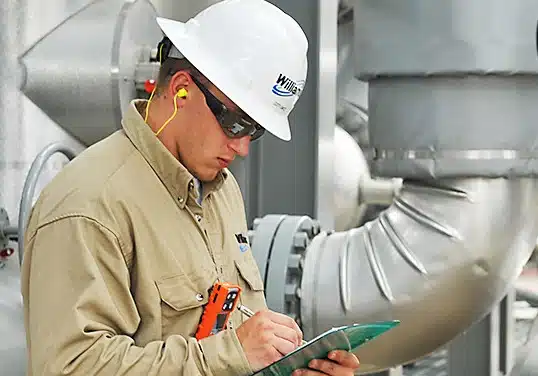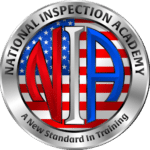A career in Nondestructive Testing (NDT) offers opportunities to work in various industries like aerospace, construction, manufacturing, and oil and gas.
1. NDT Technician
NDT technicians are the core practitioners in the field. They use various testing methods to inspect materials and components to ensure they are both structurally sound and functionally effective without causing any damage. Technicians often specialize in one or more types of NDT methods, such as ultrasonic, radiographic, magnetic particle, or visual inspection.
2. NDT Inspector
Inspectors typically have more experience and advanced certifications. They not only conduct tests but also interpret the results, often making decisions on the integrity and safety of the structure or component. Inspectors must have a deep understanding of standards and regulations relevant to their industry.
3. NDT Engineer
NDT engineers design and develop the testing processes and select the appropriate testing techniques for specific tasks. They also work on enhancing existing testing methods and often manage testing programs. A background in engineering is typically required, along with specialized knowledge in NDT.
4. Quality Control/Assurance Manager
These professionals oversee the quality control processes within manufacturing or production environments, including the NDT operations. Their role is to ensure that all products meet quality specifications and compliance standards. They also handle documentation and process improvements.
5. NDT Trainer or Instructor
Experienced NDT professionals can become trainers or instructors, teaching the next generation of technicians and inspectors. This role involves curriculum development, teaching, and mentoring. It’s ideal for those who have a passion for education and training.
6. Sales and Technical Support for NDT Equipment
Professionals with an understanding of NDT and good communication skills can work in sales or technical support roles, providing expertise on NDT equipment and products. This role is crucial for manufacturers of NDT technology and requires both technical knowledge and customer service skills.
7. Research and Development
Researchers in NDT focus on developing new inspection technologies or refining existing ones. This can include creating more accurate testing methods or equipment that can perform under extreme conditions. This path is ideal for those who enjoy innovation and experimentation.
8. Consultant
Experienced NDT professionals can also become consultants, offering their expertise to businesses that require temporary or project-specific NDT services. This role often involves travel and the ability to adapt quickly to different work environments and teams.
Each of these career paths offers different challenges and many require specific certifications. The American Society for Nondestructive Testing (ASNT) provides certifications that can help you progress in your NDT career.


